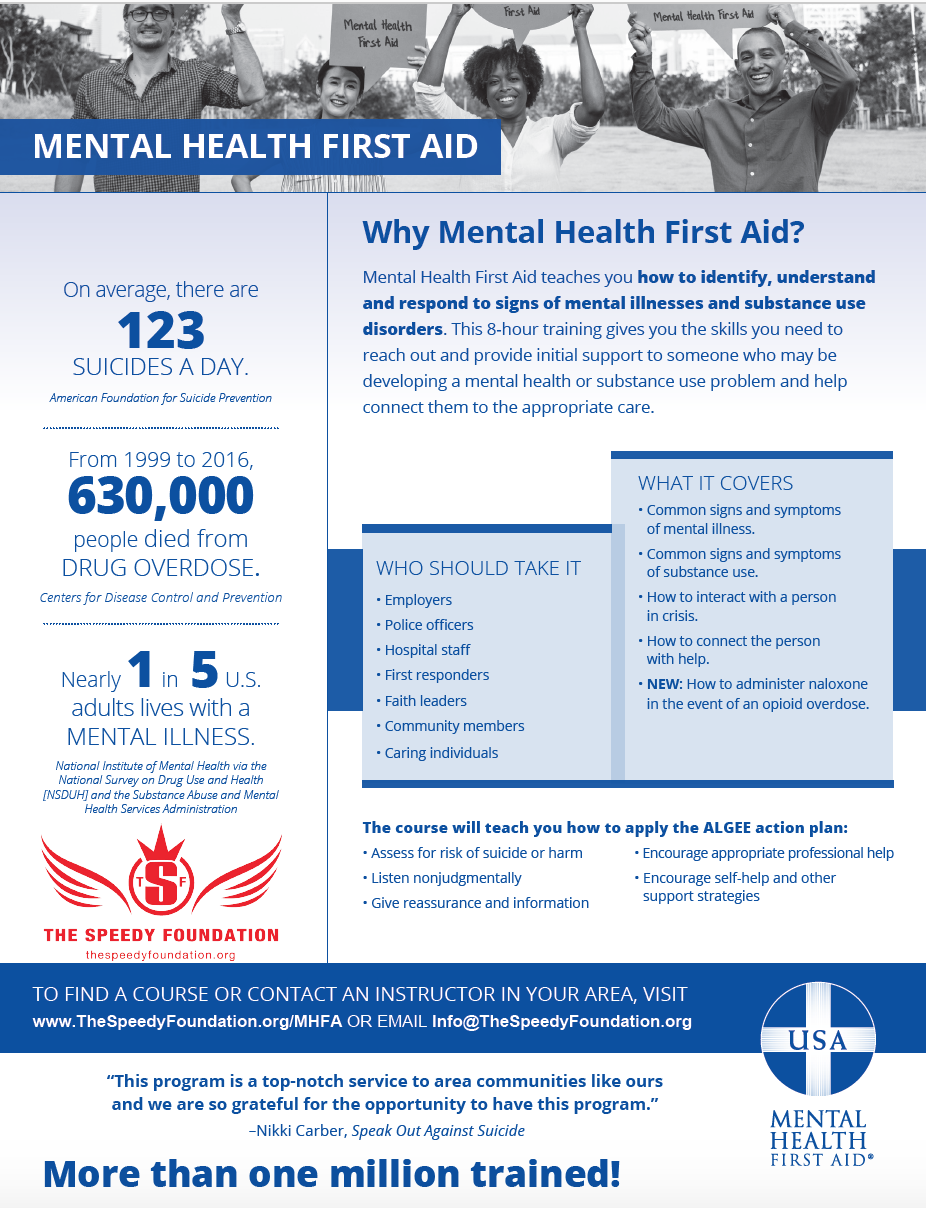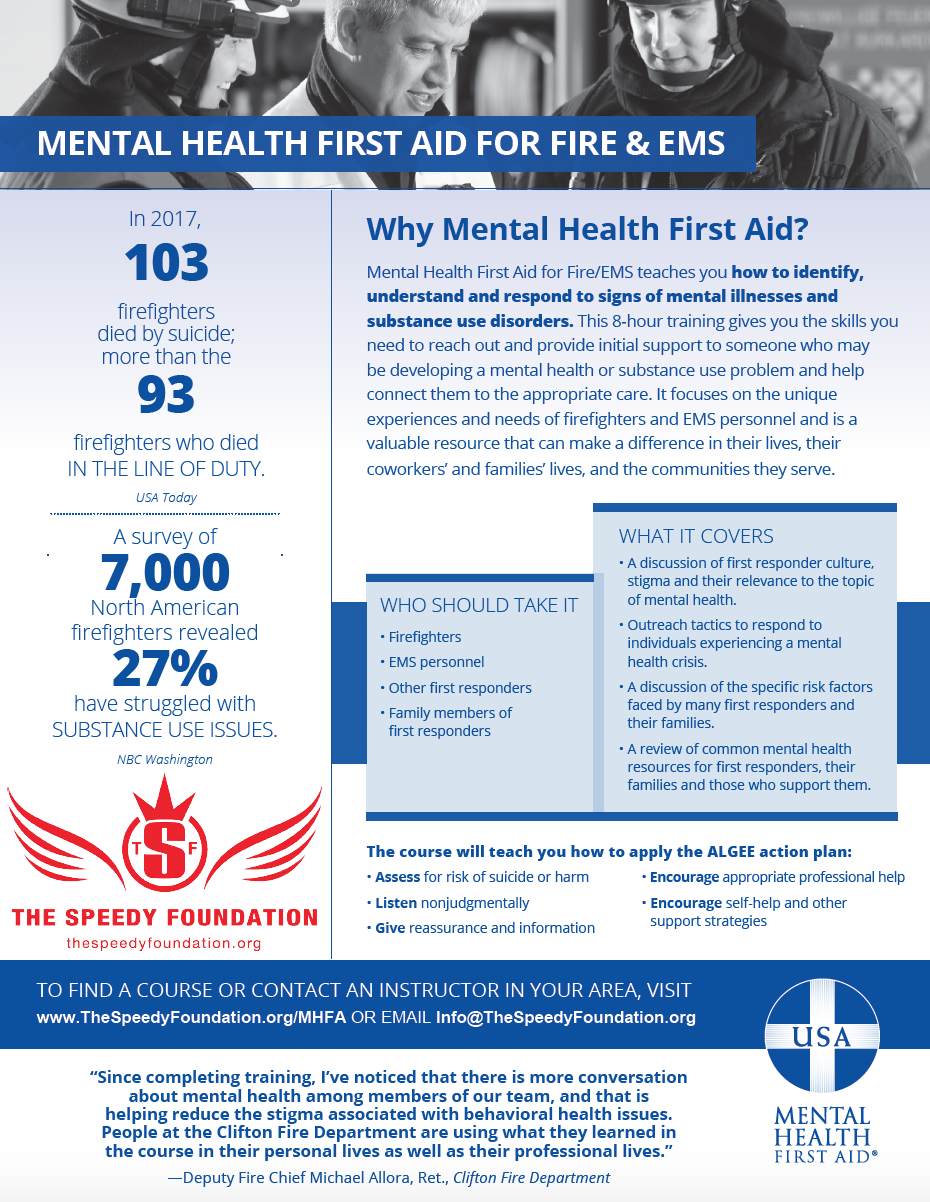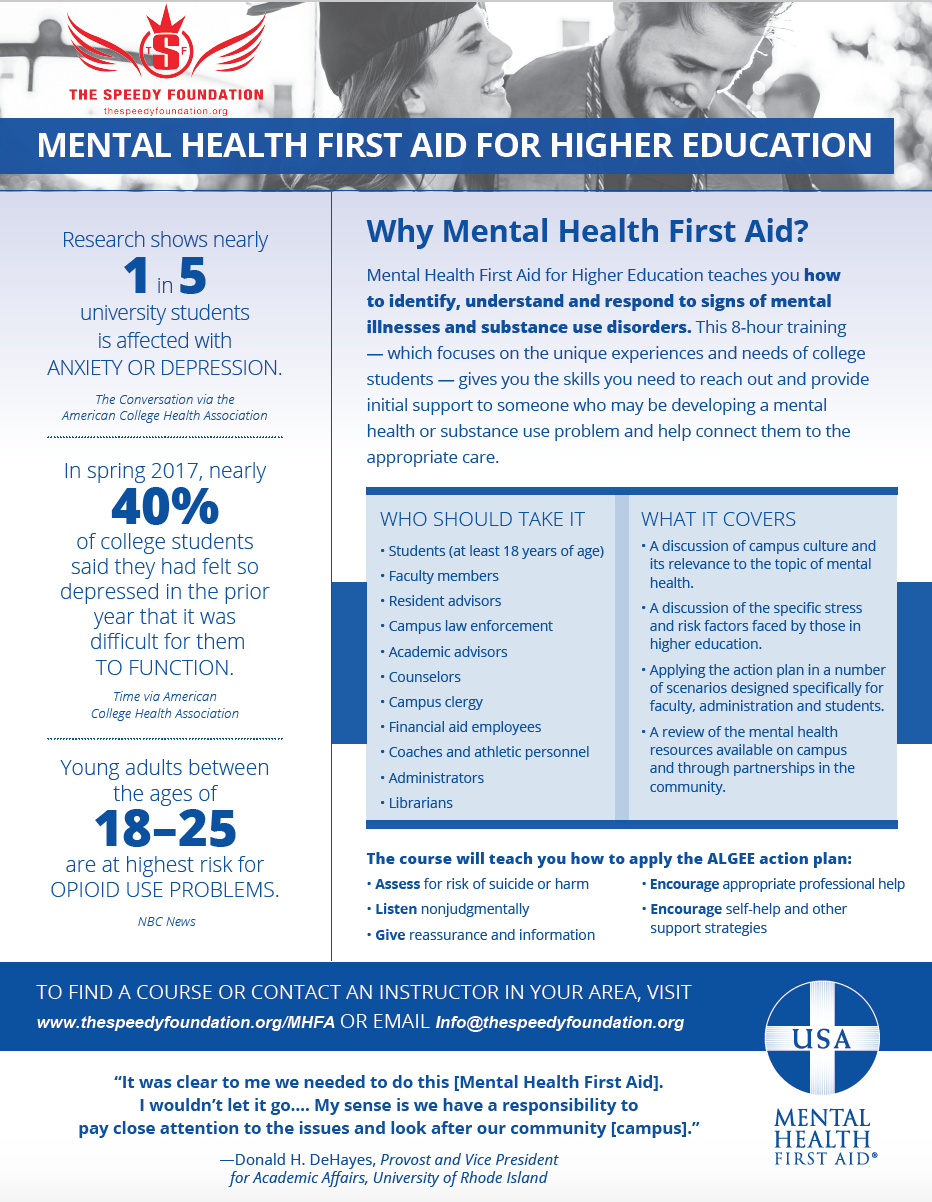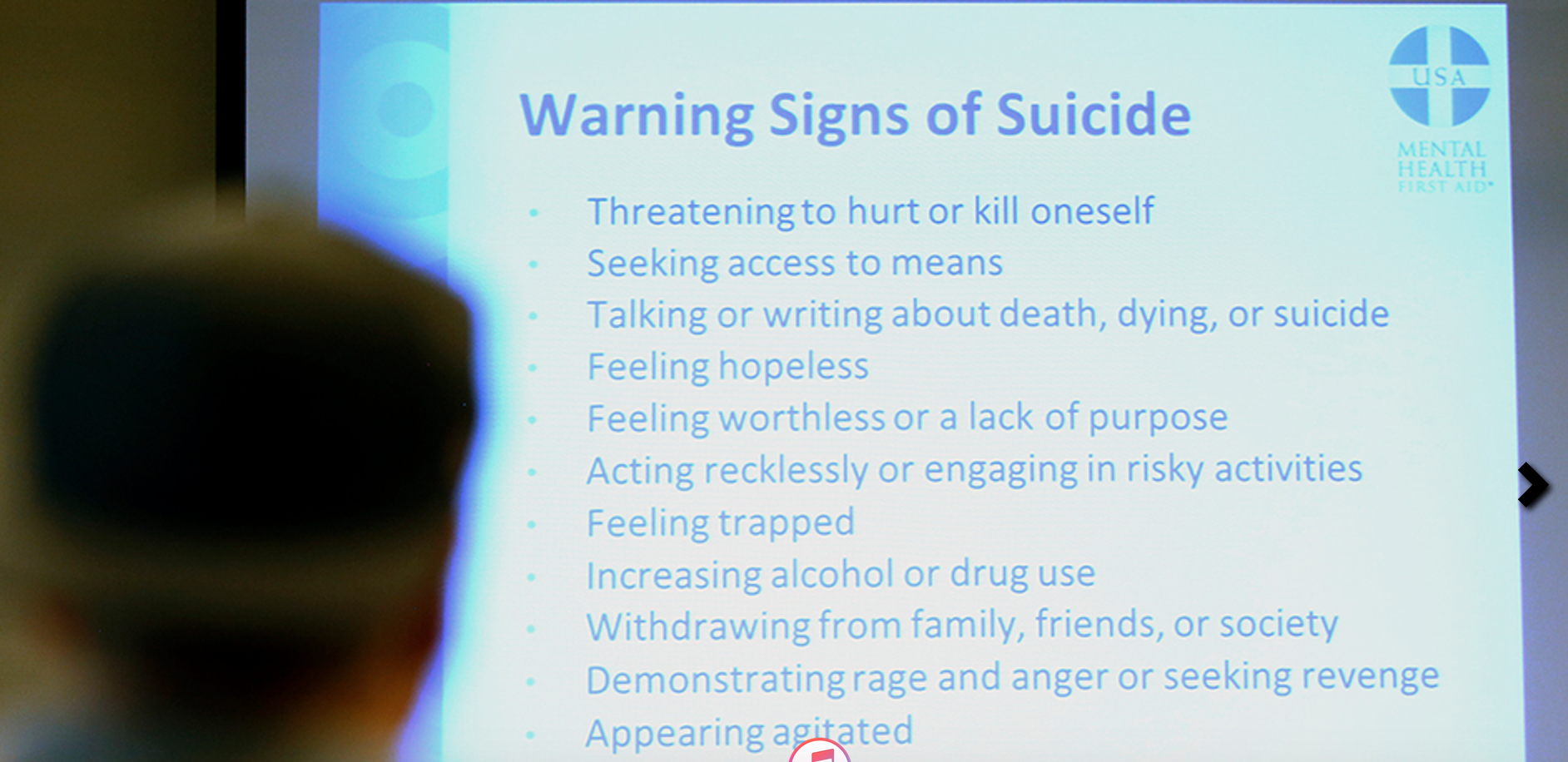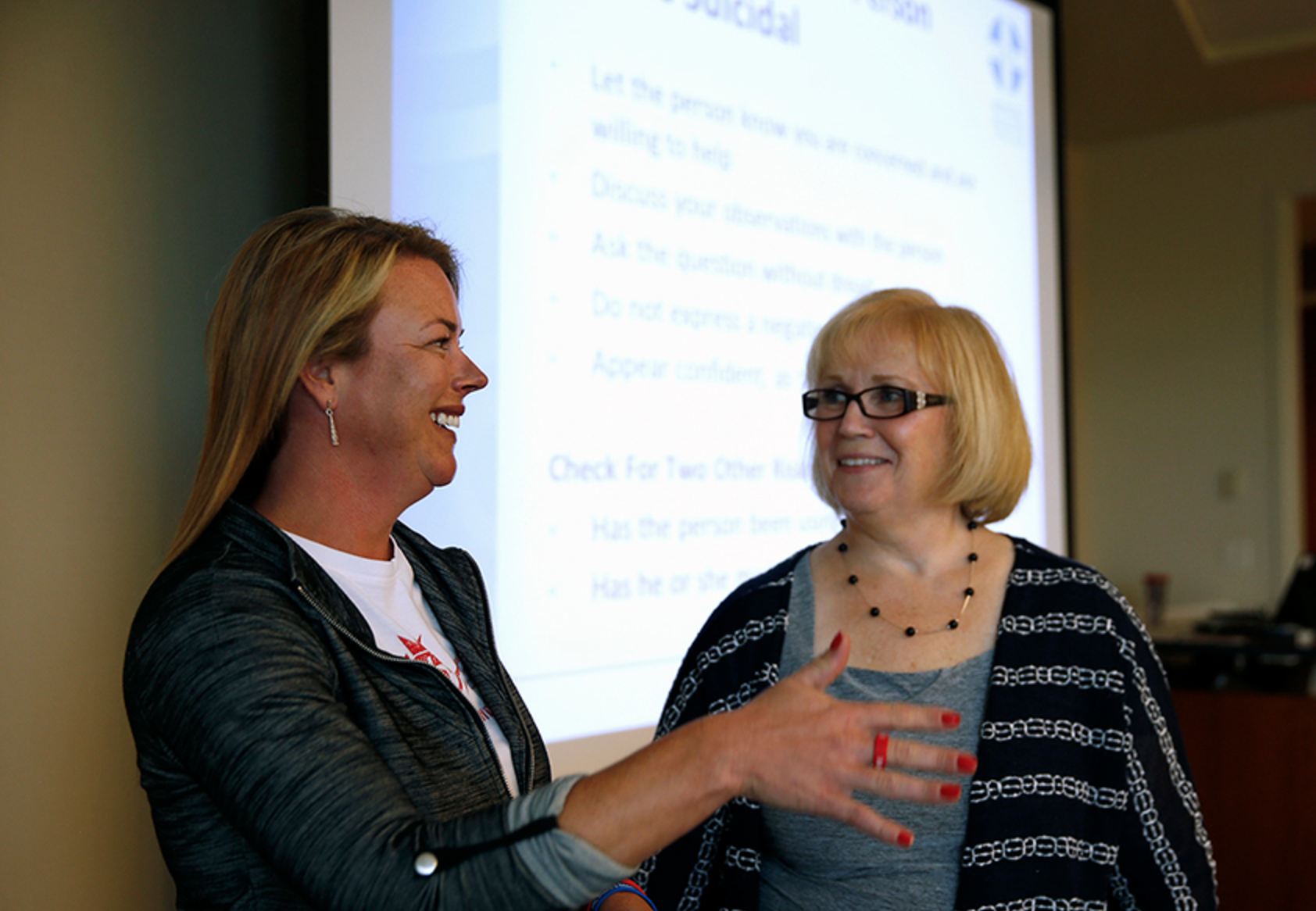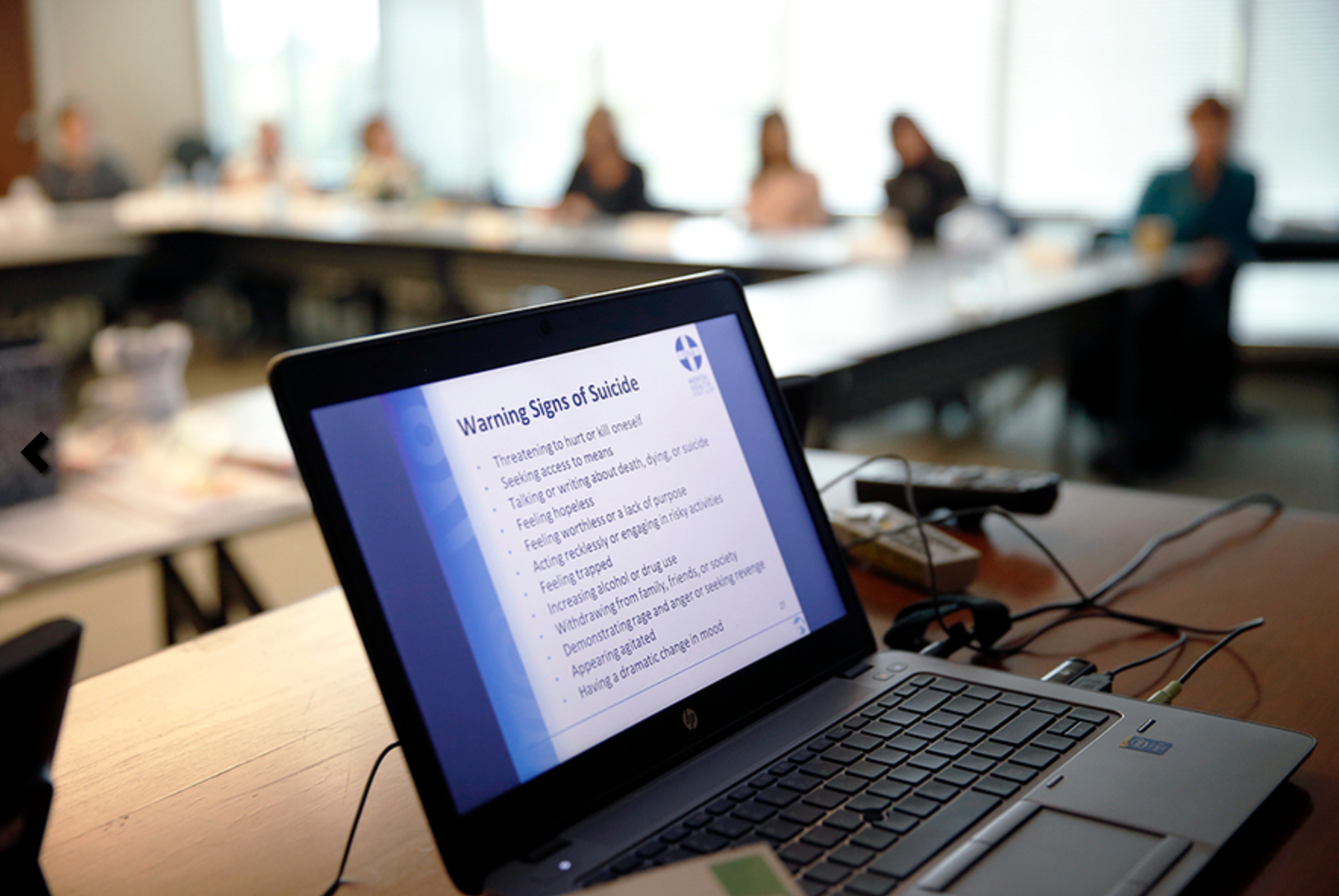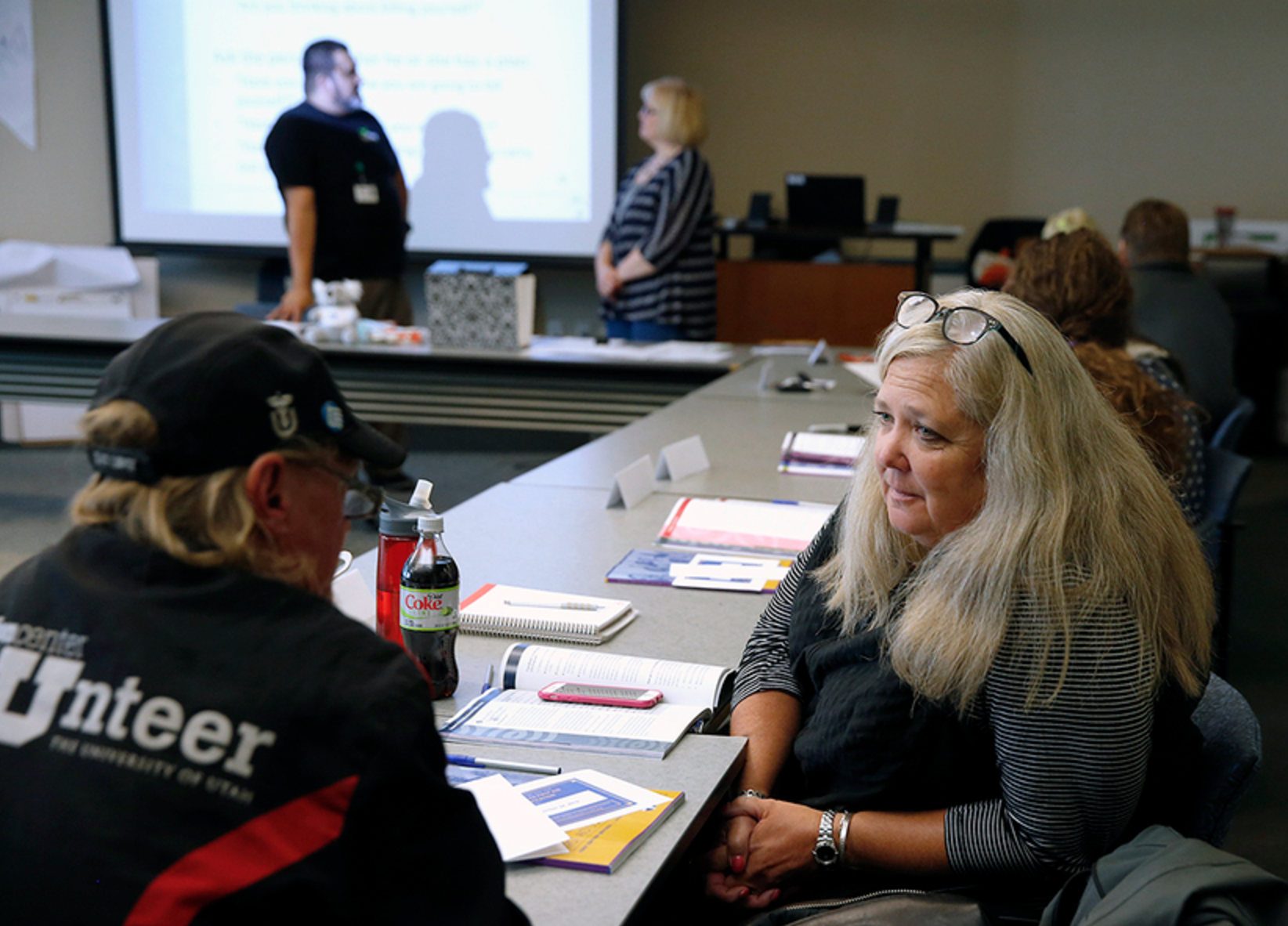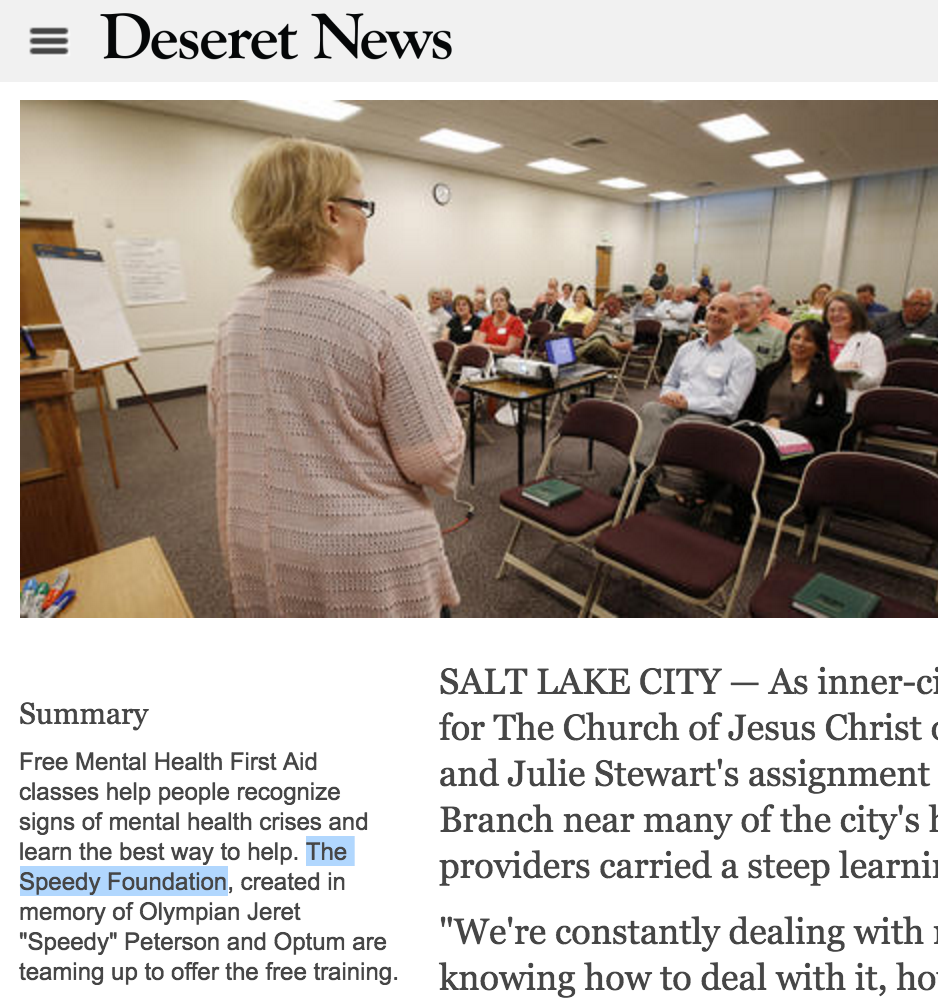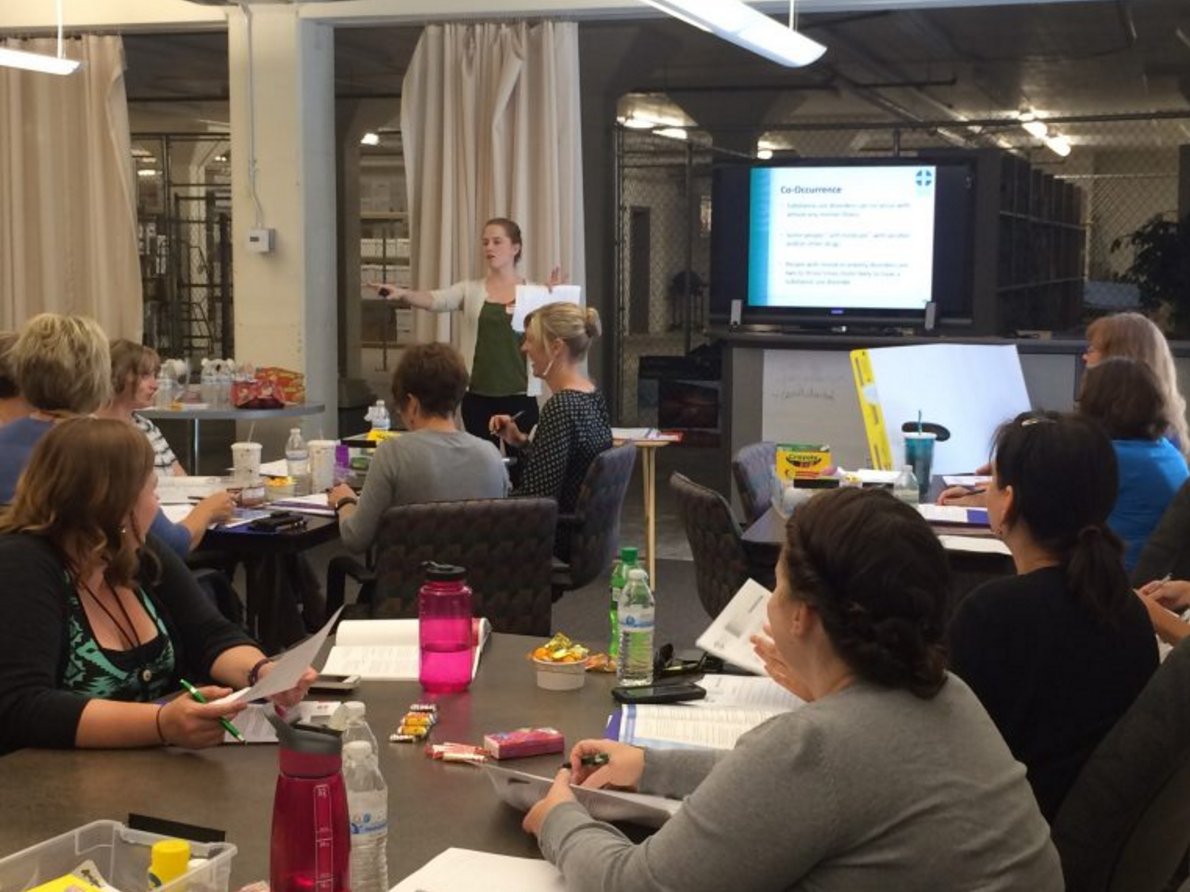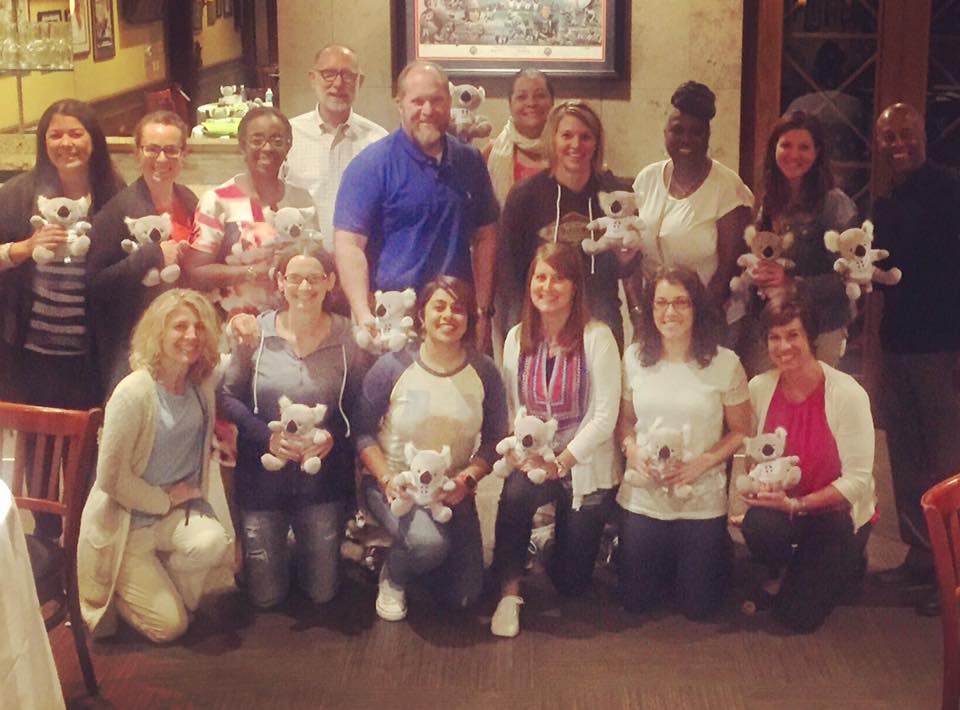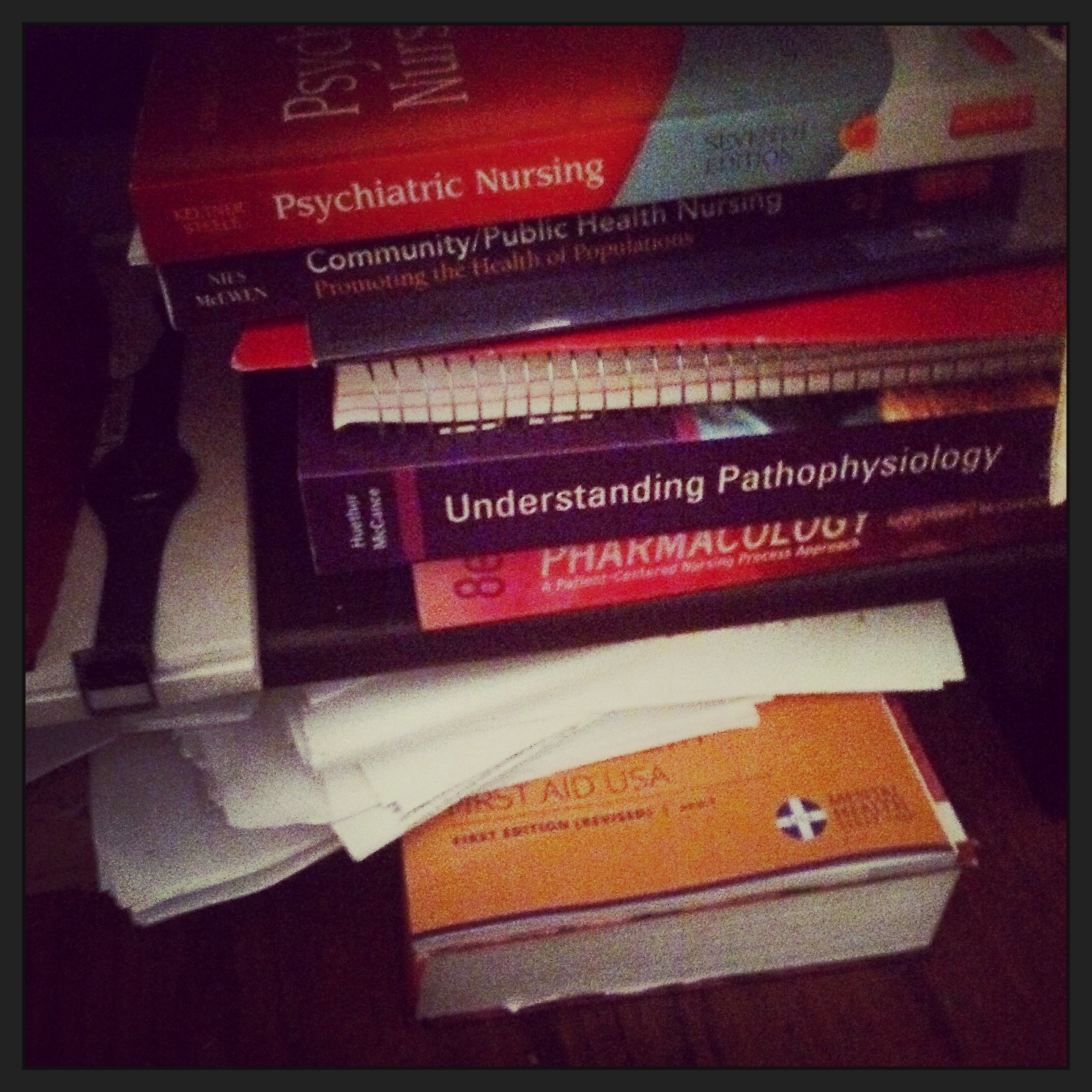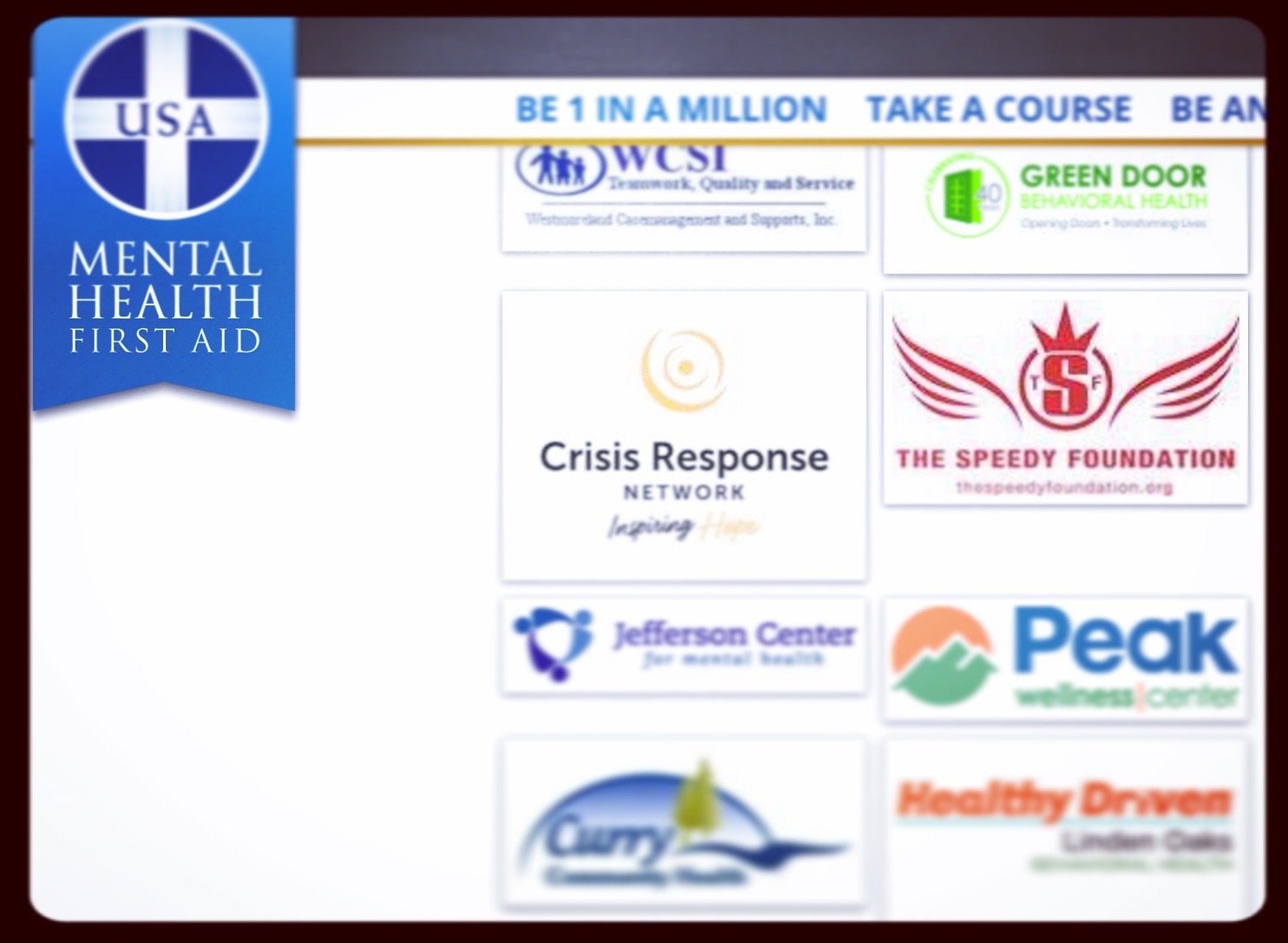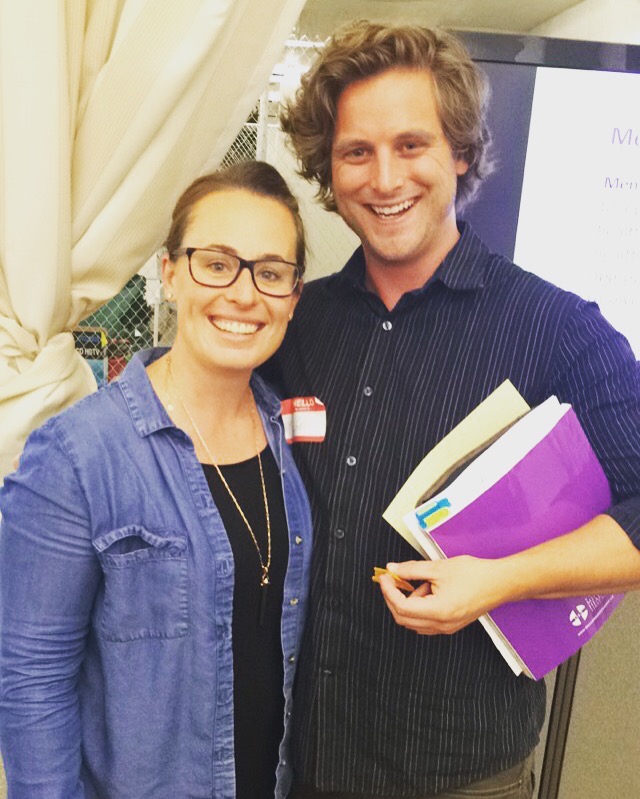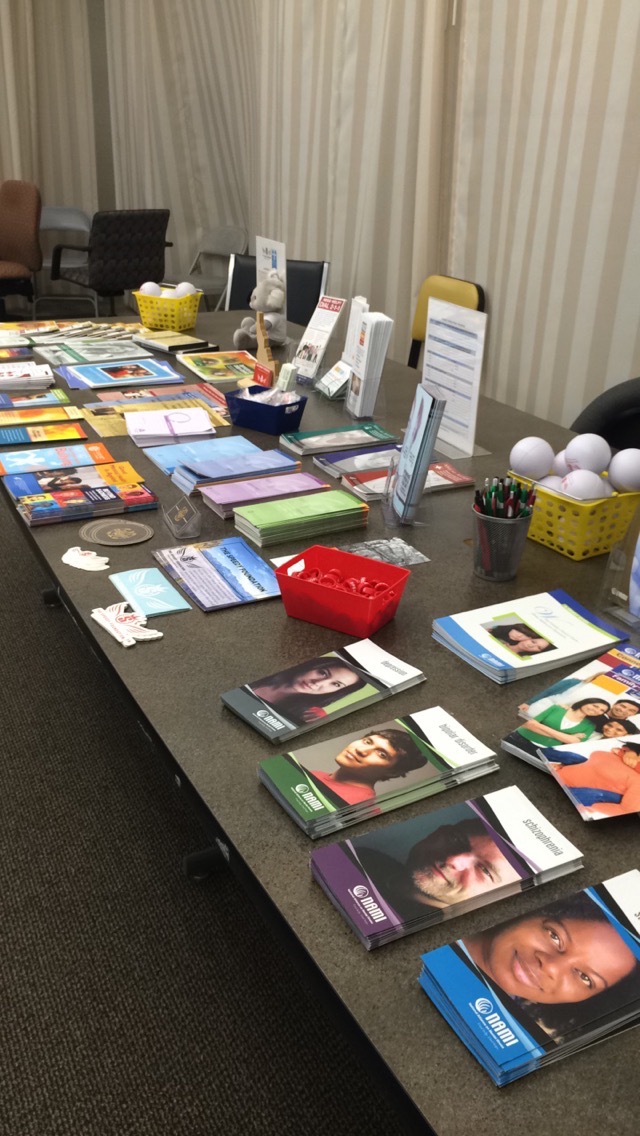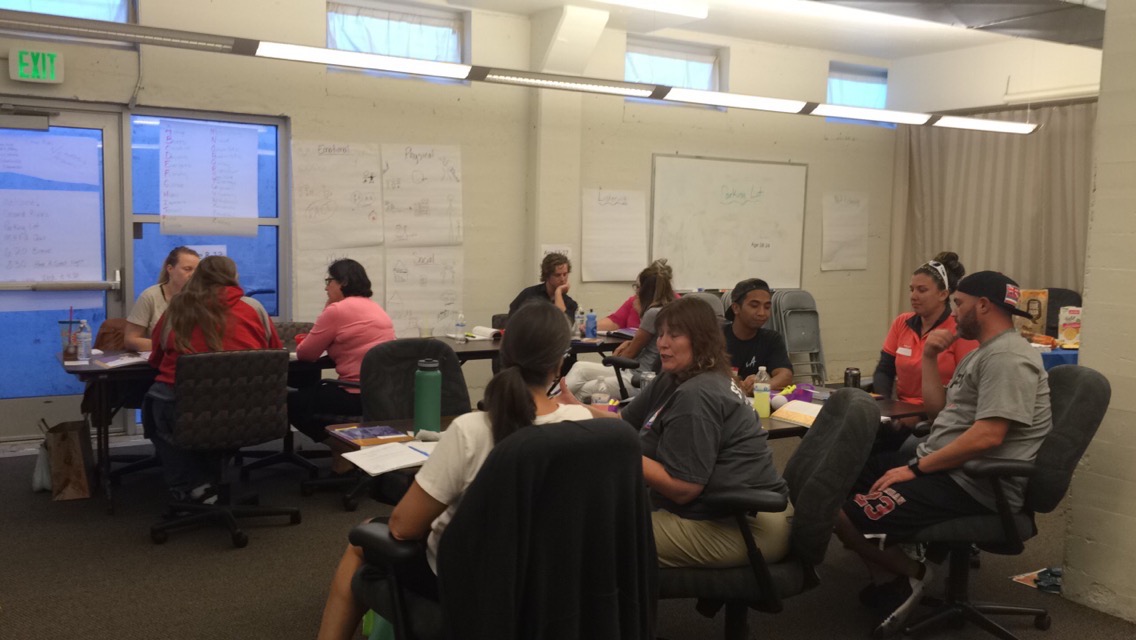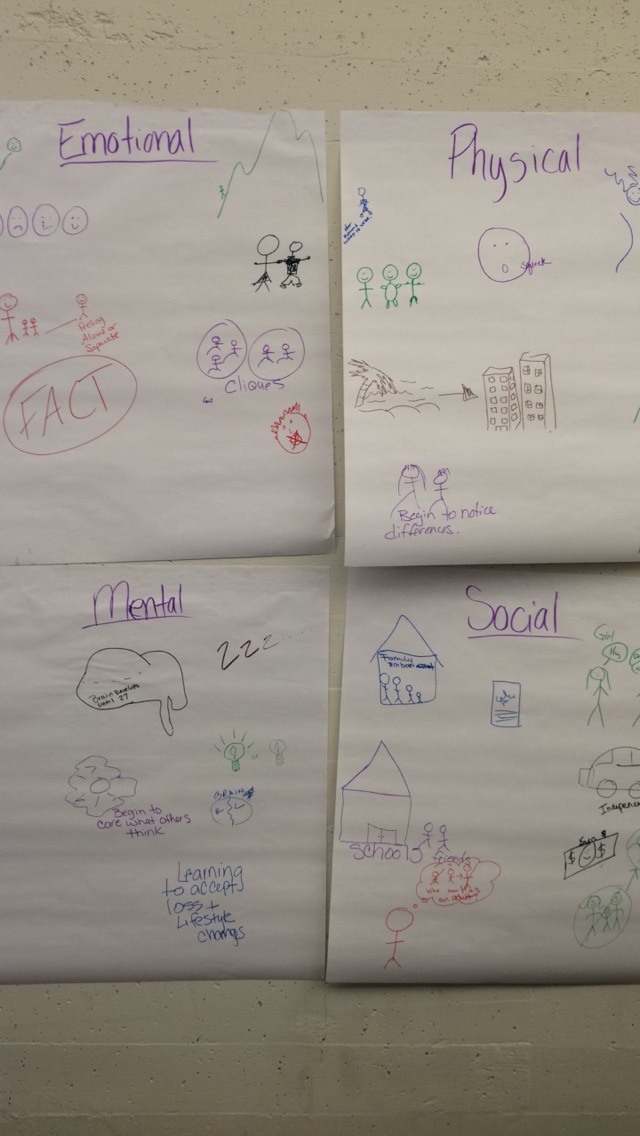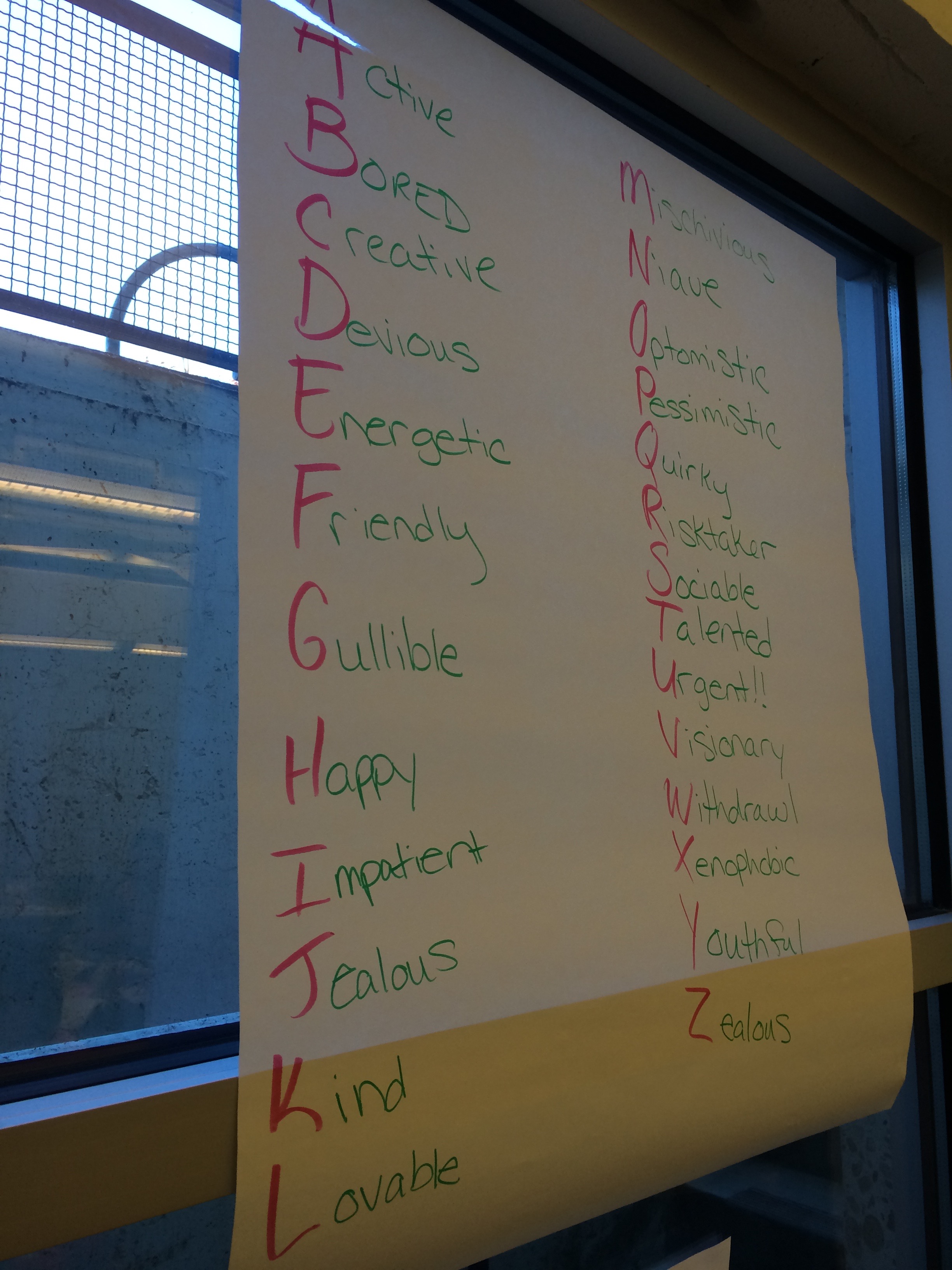
Mental Health First Aid
What is Mental Health First Aid Training?
Adult Mental Health First Aid program is an interactive session, which runs 8 hours. It can be conducted as a one-day seminar, or two half-day events. The course is appropriate for anyone 18 years and older who wants to learn how to help a person who may be experiencing a mental health related crisis or problem. Mental Health First Aid certification must be renewed every three years, and introduces participants to risk factors and warning signs of mental health problems, builds understanding of their impact and overviews common treatments.
Who should learn Mental Health First Aid?
A mental health crisis is more common than most people realize. You are more likely to come across a person having a mental health crisis than a person having a heart attack. Where CPR is common and many people have been trained, the same is not true of Mental Health First Aid. It is crucial that we prepare to help our neighbors, friends, relatives and coworkers when they need help.
If you are a professional caregiver, police officer, fireman, minister, priest, rabbi, church volunteer, coach, paramedic, case manager, volunteer or paid staff in any of a hundred different kinds of human service organizations, you will very likely have firsthand contact with people that live with mental illness. Since it is impossible for family doctors, counselors and mental health professionals to know everyone who needs help, the answer to the question: Who needs to know Mental Health First Aid? Everyone
In eight hours, you can become a “Mental Health First Aider.”
Mental Health First Aid will hopefully become as common as CPR and First Aid. It has the potential to reduce the stigma associated with mental illness, improve mental health literacy, and empower individuals.
In Mental Health First Aid training you will learn:
The potential risk factors and warning signs for a range of mental health problems, including: depression, anxiety/trauma, psychosis, substance use disorders, and self-injury
An understanding of the prevalence of various mental health disorders in the U.S. and the need for reduced stigma in all communities
A 5-step action plan encompassing the skills, resources and knowledge to assess the situation, to select and implement appropriate interventions, and to help the individual in crisis connect with appropriate professional care
The evidence-based professional, peer, social, and self-help resources available to help someone with a mental health problem
The Mental Health First Aid manual covers:
Section One:
Mental health problems in the United States
Mental Health First Aid
Section Two:
Depression
Anxiety disorders
Psychosis
Substance use disorders
Eating disorders
Section Three: First aid for mental health crisis
First aid for aggressive behavior
First aid for a medical emergency from alcohol abuse
First aid for children affected by traumatic events
First aid for adults affected by traumatic events
First aid for panic attacks
First aid for non-suicidal self-injury
First aid for suicidal thoughts and behaviors
Informational Flyers
Older Adults
Opioid Response
Public Safety
Suicide Prevention
Veterans
Youth Mental Health First Aid
Planning Training for a Rural Community
Syllabus


